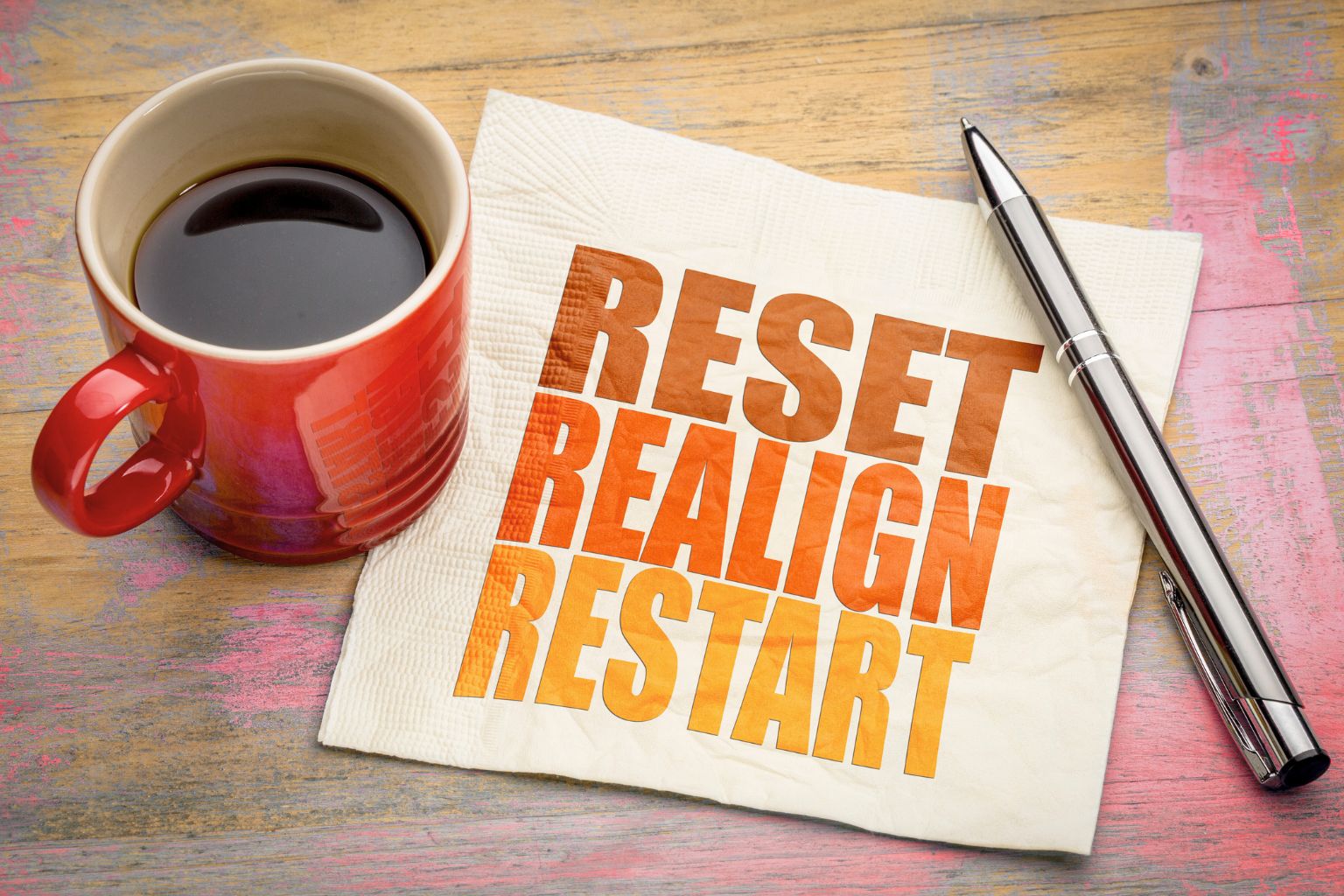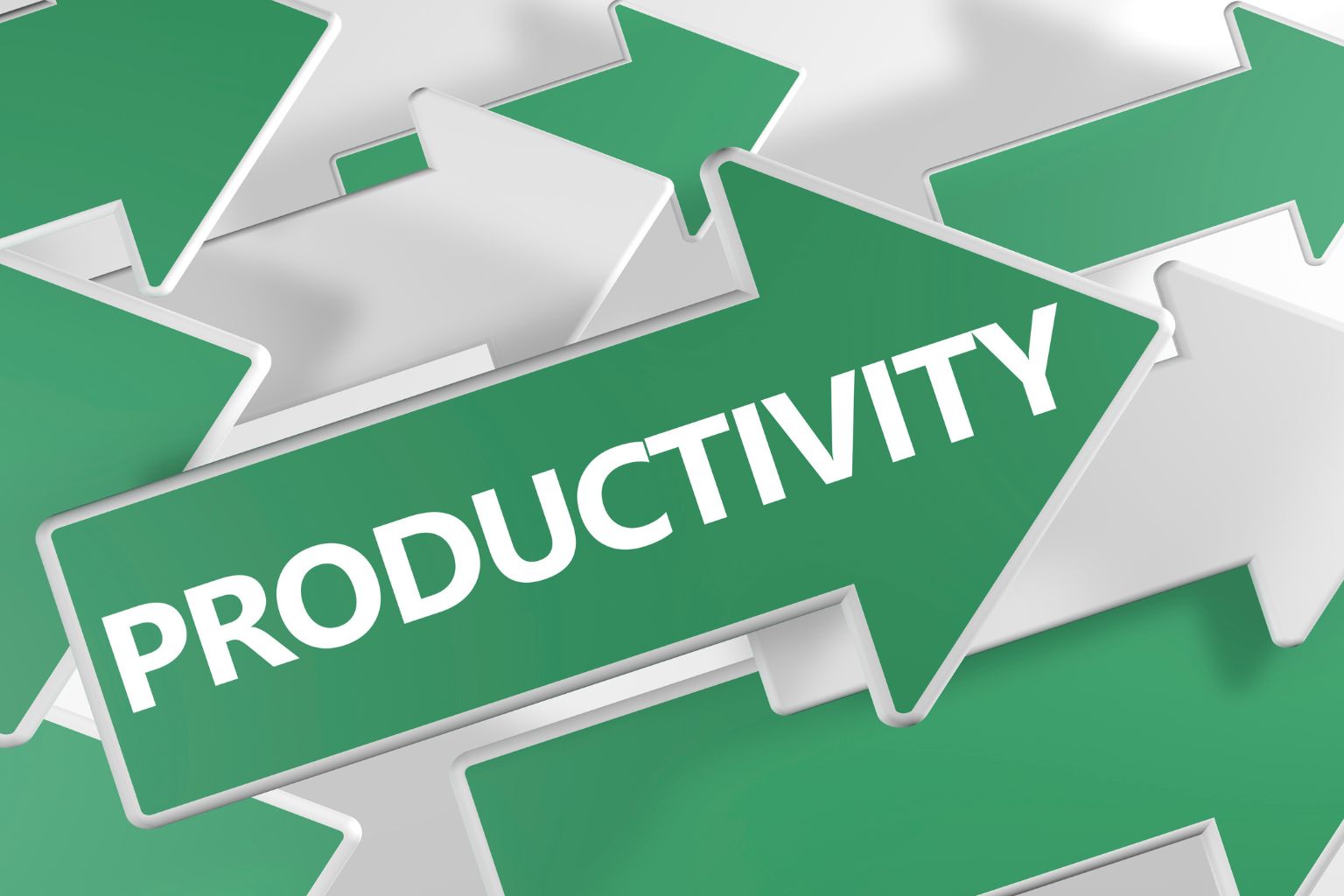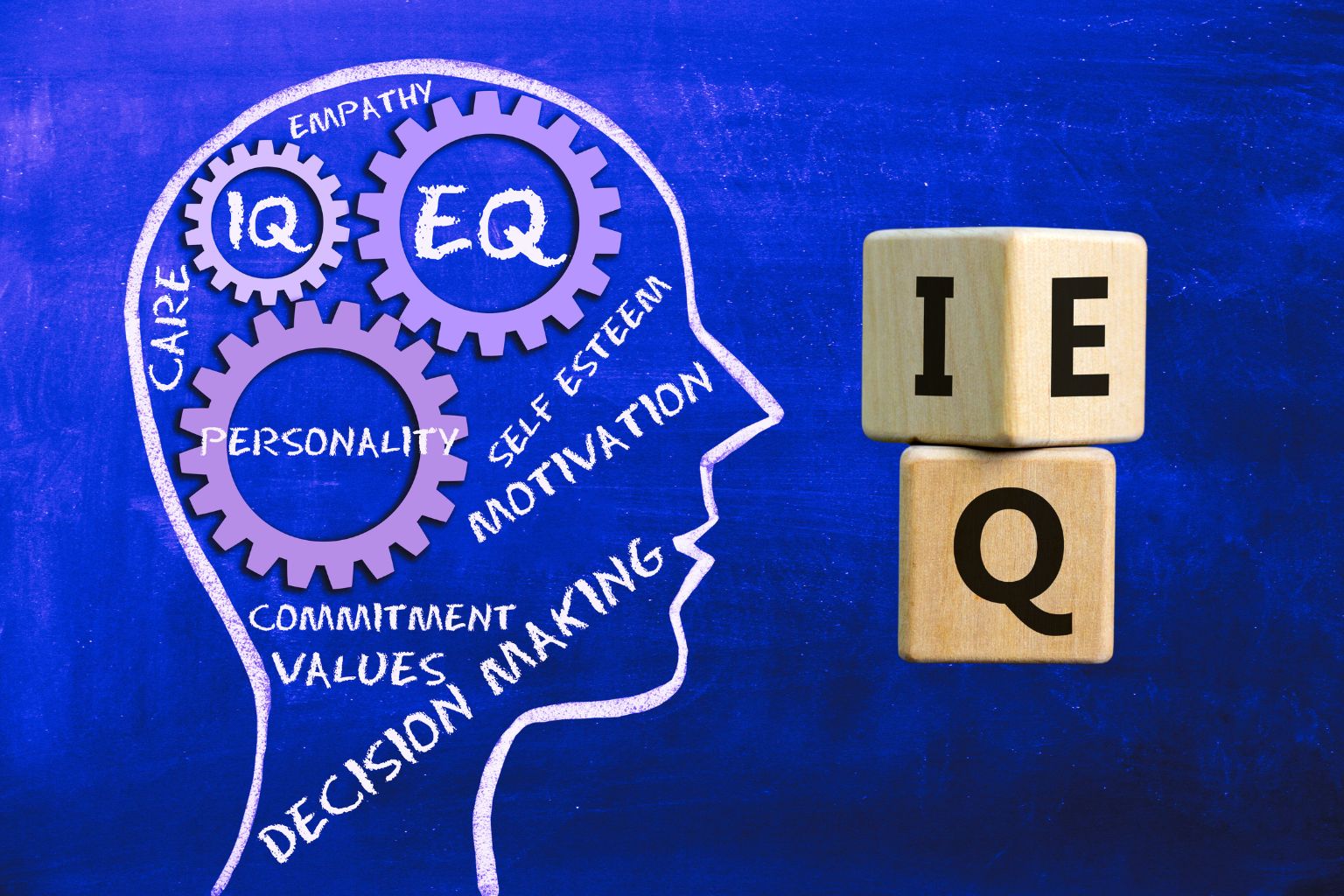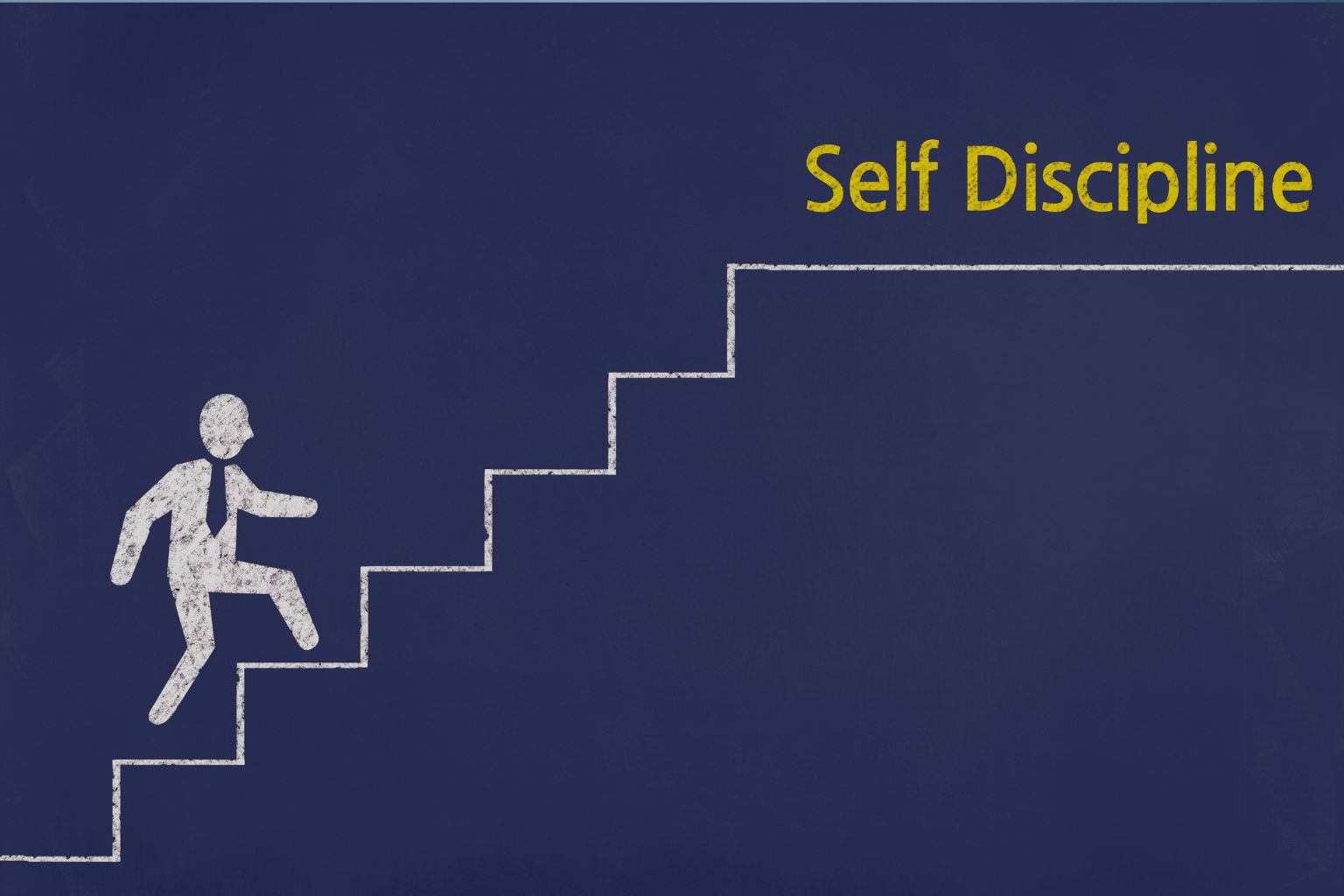This is the reality for millions of people. Motivation may get you excited, but it rarely keeps you moving. That’s why Self-Discipline Is More Important Than Motivation. Motivation is a feeling. Self-discipline is a system. One is temporary. The other is a long-term success engine.
The Lie Motivation Sold You
It was 6:00 AM. Jake had set his alarm the night before, fired up from a YouTube motivational video and a fresh vision board. He was ready to take control of his life. But as the cold morning hit and the high from that video faded, he rolled over and hit snooze. Again. By 8:00 AM, the day had already won. Sound familiar?
Let’s break down why self-discipline—not hype—is the real key to achieving your goals, and how building mental discipline for success can transform your entire life.
The Problem with Motivation
The Energy That Fades
Motivation feels good. It gives you a rush of dopamine, a momentary illusion that change is easy. But it’s fragile. It depends on how you feel, your environment, your energy level, even the weather.
Most people wait to “feel ready.” But those who succeed don’t wait—they act regardless of how they feel. That’s the difference between dreamers and doers.
False Confidence, Zero Systems
Motivation often makes people overestimate what they can do in a short time—and ignore what they can achieve consistently. It’s why so many set big goals on January 1 and abandon them by February. They lacked the habit muscle—the self-discipline.
Why Self-Discipline Is More Important Than Motivation (And Always Will Be)
1. Self-Discipline Creates Habits That Run Automatically
The real power is in building systems that operate without requiring willpower. When your day is structured and your actions are automatic, you’re no longer a slave to moods.
Self-discipline forms consistent, repeatable behaviors that compound into massive results. And that’s why Self-Discipline Is More Important Than Motivation—it builds momentum that doesn’t need emotional hype to keep going.
Success isn’t about doing amazing things once in a while—it’s about doing basic things consistently, even when it’s boring.
2. Self-Discipline Works When Motivation Fails
Think about it: when you’re tired, stressed, or overwhelmed, do you feel like working out, writing, or learning? Probably not. But if you have the mental discipline for success, you follow through anyway. That’s where the growth happens.
Take Laura, for example. A mom of two, full-time nurse, and aspiring business owner. She didn’t have perfect conditions. But with daily systems and commitment, she launched her side hustle in six months. Her motivation was inconsistent. Her self-discipline made it real.
3. Self-Discipline Builds Mental Strength
Every time you follow through without motivation, you reinforce your identity as someone who keeps promises. That internal trust creates serotonin—your brain’s confidence chemical.
When you train self-discipline like a muscle, you’re building the foundation of mental discipline for success. You’re rewiring your brain for follow-through, no matter the obstacles.
Step-by-Step Blueprint to Build Self-Discipline (Without Burning Out)
Step 1: Clarify Your Why
Discipline without meaning leads to burnout. Define what your goal actually gives you emotionally—freedom, peace, pride, legacy. Attach purpose to your effort.
Step 2: Use Micro-Commitments
Start with what’s realistic, not idealistic. Instead of “write a book,” commit to 10 minutes of writing daily. Instead of “work out daily,” commit to 15 minutes, 3 days a week.
Step 3: Create a Time-Blocked Routine
Self-discipline thrives on structure. Use 30-minute focus blocks. Assign time to your top priorities before distractions show up.
Step 4: Track Visible Progress
Use a habit tracker or journal to record small wins. This triggers dopamine and makes consistency feel good. This positive reinforcement makes habits stick.
Step 5: Build in Recovery
Self-discipline isn’t about grinding 24/7. Strategic rest restores your drive. Plan recovery time as seriously as your work.
Real-Life Success Stories That Prove Self-Discipline Wins
Story 1: The Entrepreneur Who Showed Up Daily
Kevin started a YouTube channel in 2021. His first 30 videos got almost no views. But he uploaded twice a week for 18 months. By month 12, he gained traction. By month 18, he hit 100k subscribers. He wasn’t motivated—he was disciplined.
Story 2: The Student Who Turned Failing Grades Around
Mel was failing her college courses. She started time-blocking 90 minutes every evening, 5 days a week. No exceptions. In one semester, she went from academic probation to dean’s list. She credits her turnaround to routine—not motivation.
When You Need Motivation, Discipline Steps In
The truth? You won’t always want to. You won’t always feel inspired. But when you’ve trained your brain with consistent action, discipline carries the weight. That’s the backbone of the mental discipline for success framework.
The biggest mistake people make is thinking they need motivation to start. In reality, starting creates motivation. Progress fuels momentum. Discipline fuels progress.
Why Self-Discipline Is More Important Than Motivation in the Long Run
- Motivation is emotional; self-discipline is behavioral.
- Motivation is temporary; self-discipline is long-term.
- Motivation reacts to mood; self-discipline shapes identity.
- Motivation fades; self-discipline sustains.
Want to rewire your brain for long-term goal achievement? Choose systems over hype. Choose small wins over big intentions. Choose discipline.
Discipline Is the Ultimate Success Strategy
If you’re tired of starting over, feeling stuck, or waiting for the “right moment,” it’s time to flip the switch. Because Self-Discipline Is More Important Than Motivation, and your goals deserve more than emotional highs.
Choose to show up daily. Choose to build habits that serve your future. Choose a success system that trains your brain for follow-through.
Transform Your Life
- Reprogram Your Mind: Train your subconscious to align with your goals, build confidence, and take action regardless of your mood.
- Stay Laser Focused: Learn to take daily action and dedicate 30 minutes to your goals to stay on track.
- Learn from Pros: Connect weekly with successful people and gain insights to accelerate your journey.
Start Your Journey Now
Ready to Achieve Your Success?
Get the Mental Discipline for Success System Kit and start transforming your life today.
Self-Discipline vs. Motivation
Because motivation depends on feelings, which change daily. Self-discipline creates consistent results by building habits and systems.
Start small. Use daily routines, habit tracking, and accountability. Self-discipline is a skill, not a personality trait.
Yes—but motivation should be used as a spark, not the engine. Self-discipline keeps you going when motivation fades.
It’s a mindset and system that helps you stay focused, act with intention, and follow through consistently—regardless of mood, distractions, or setbacks.
Pick one habit aligned with your biggest goal. Commit to it daily for the next 7 days—no matter what.

















Share it!